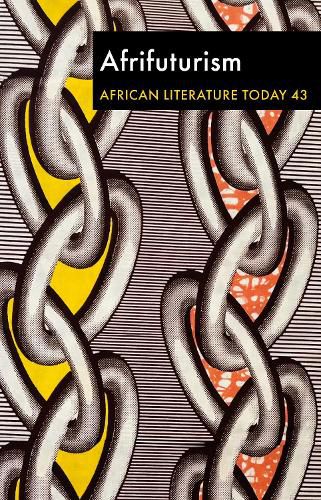Readings Newsletter
Become a Readings Member to make your shopping experience even easier.
Sign in or sign up for free!
You’re not far away from qualifying for FREE standard shipping within Australia
You’ve qualified for FREE standard shipping within Australia
The cart is loading…






This issue of ALT provides content narratives, critical frames and theoretical constructs to read and critique writings in the emerging genre of Afrifuturism.
In contrast to Afrofuturism, which explores the intersection of primarily Diaspora Black culture with Western technology and hence perpetuates, to some extent, a colonial mindset, Afrifuturism looks to imagine an African and global Black future beyond industrial, technological and capitalist terms, one rooted in African cosmologies and history. Contributions in this issue seek to interrogate, contest, and reformulate some aspects of its convention by suggesting alternate frames, shifts in focus, changing perspectives of history and points of view, new narrative methods, new epistemological structures, thematic concepts and pedagogical praxis that offer new ways of defining the African and for imagining alternative futures for African peoples. Together, they shed further light on the complexities of Afrifuturism and offers alternative models for thinking about the past and the future of African people, with important implications for diaspora and postcolonial literature.
$9.00 standard shipping within Australia
FREE standard shipping within Australia for orders over $100.00
Express & International shipping calculated at checkout
Stock availability can be subject to change without notice. We recommend calling the shop or contacting our online team to check availability of low stock items. Please see our Shopping Online page for more details.
This issue of ALT provides content narratives, critical frames and theoretical constructs to read and critique writings in the emerging genre of Afrifuturism.
In contrast to Afrofuturism, which explores the intersection of primarily Diaspora Black culture with Western technology and hence perpetuates, to some extent, a colonial mindset, Afrifuturism looks to imagine an African and global Black future beyond industrial, technological and capitalist terms, one rooted in African cosmologies and history. Contributions in this issue seek to interrogate, contest, and reformulate some aspects of its convention by suggesting alternate frames, shifts in focus, changing perspectives of history and points of view, new narrative methods, new epistemological structures, thematic concepts and pedagogical praxis that offer new ways of defining the African and for imagining alternative futures for African peoples. Together, they shed further light on the complexities of Afrifuturism and offers alternative models for thinking about the past and the future of African people, with important implications for diaspora and postcolonial literature.